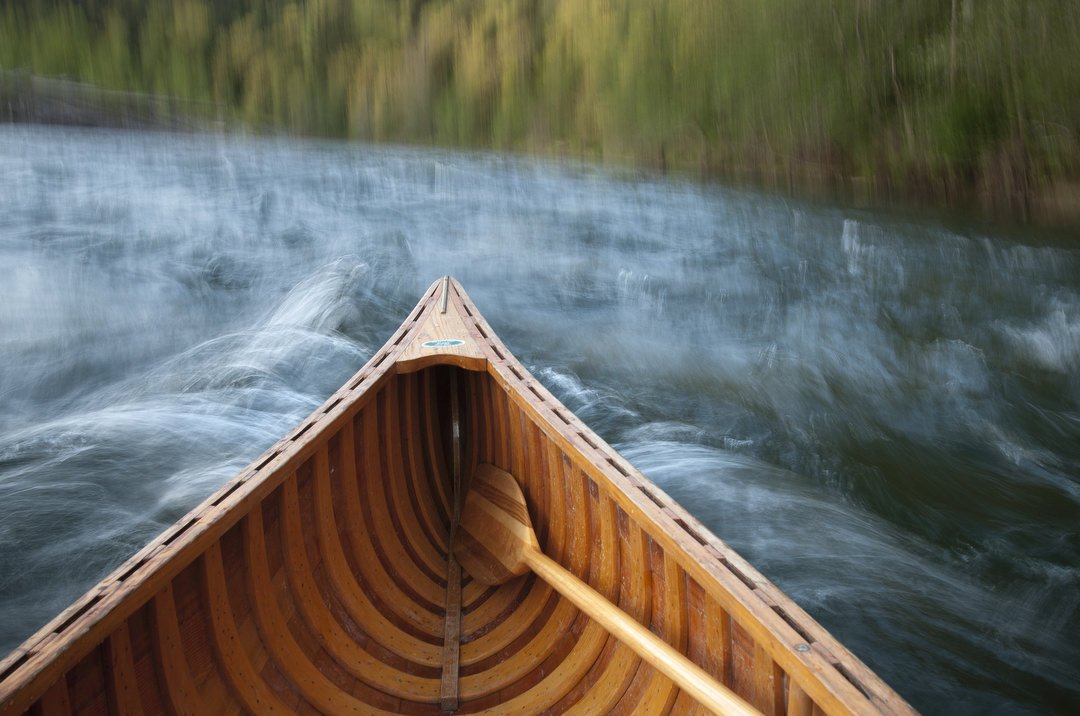Acknowledgements
Acknowledgements for support and guidance for the 2022 class of Science Story

Thank You
Just like journalism is a collaboration with communities and the people in them, a class like this is a collaboration with supporters, community leaders and organizations with overlapping missions.
We are grateful to the Roundhouse Foundation, the Dixon Foundation, and the University of Oregon School of Journalism for their support, and for the opportunity to work with these bright, engaged, curious young journalists who are becoming the next generation of storytellers.
The Roundhouse Foundation supported goals of this class in many ways. They invited us to spend a long weekend at their Pine Meadow Ranch in Sisters, Oregon, where each student pitched a story to their classmates. Students discussed ideas and they bonded. One student said, “That entire weekend, it was just so fun to go from classmates to friends, and to just really focus on each other and our stories, and also be in this beautiful place in Oregon.” Another said that the Ranch was “. . . where this stopped being an assignment for a class and became a personal and professional story.”
In addition to letting us into Pine Meadow Ranch, The Roundhouse Foundation also used their extensive connections and good will in rural Oregon to connect us to people who helped guide our students through their stories. Through Ana Varas at Roundhouse, for example, we connected with Brandi Crawford Ferguson and Krister LaBecque at McKenzie River Trust — both of whom were crucial, kind and generous with their time.
The Dixon Foundation has supported much good work at the School of Journalism and Communication. They made possible to bring in Dennis Dimick, current founder of Eyes on Earth and recently retired environment editor at National Geographic Magazine, as an executive in residence to work with students over two terms — an opportunity best expressed by a student who said, “How did it happen that a bunch of students in Oregon get to work with a guy like that?” In part, it is because Dennis is an Oregon farm boy interested in the environment, his home state and creating a new generation of sharp environmental journalists.
And last, let’s not forget that a complicated, time consuming class that doesn’t neatly fit into the curriculum needs vision and support from the University. We get ours at the SOJC, specifically from the Center for Science Communications Research, where Director Dr. Ellen Peters and Program Lead Ian Winbrock show unreasonable support and patience. And always thank you to Dean Juan Carlos Molleda for his ongoing support and willingness to take a risk on us since 2018.


